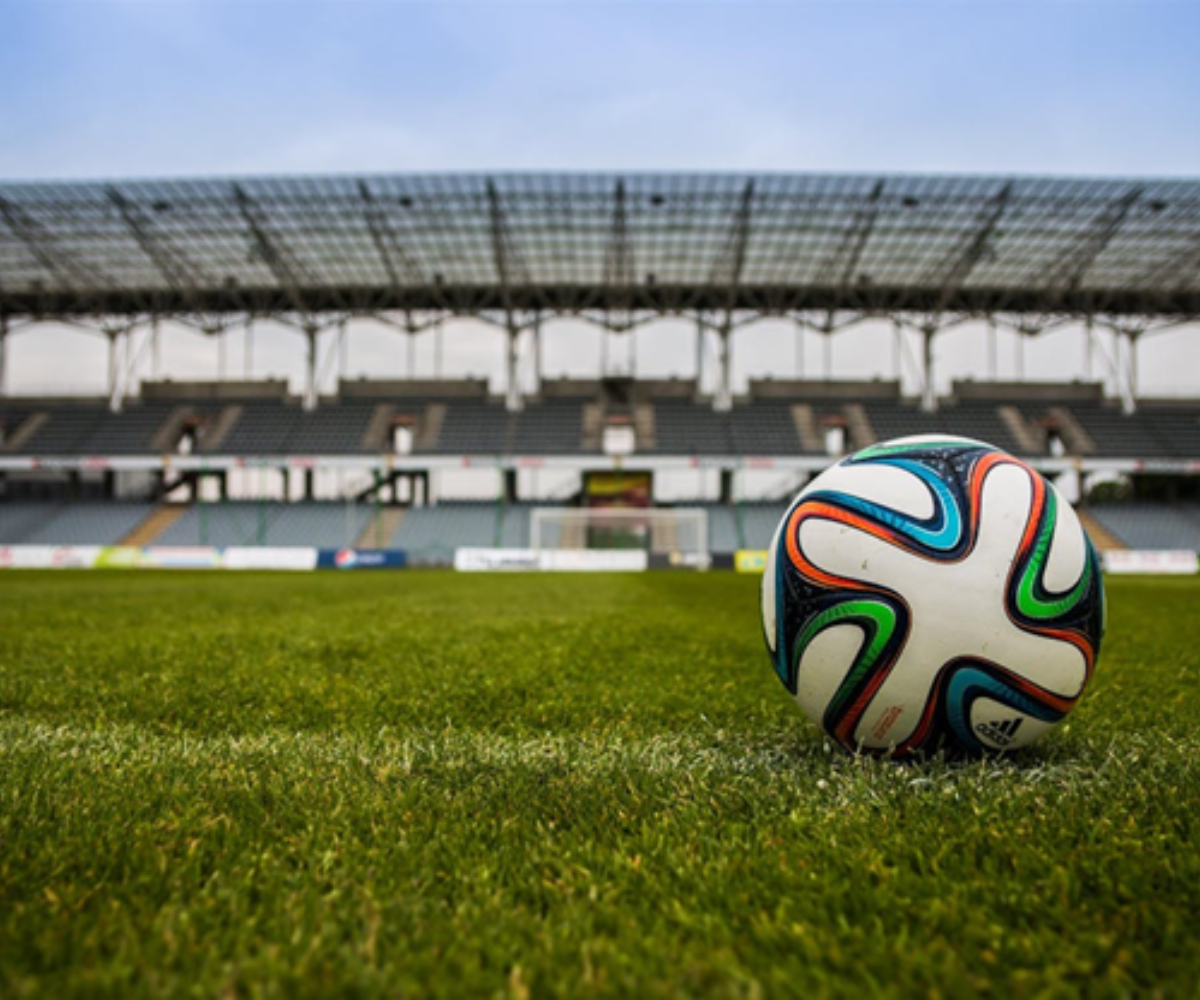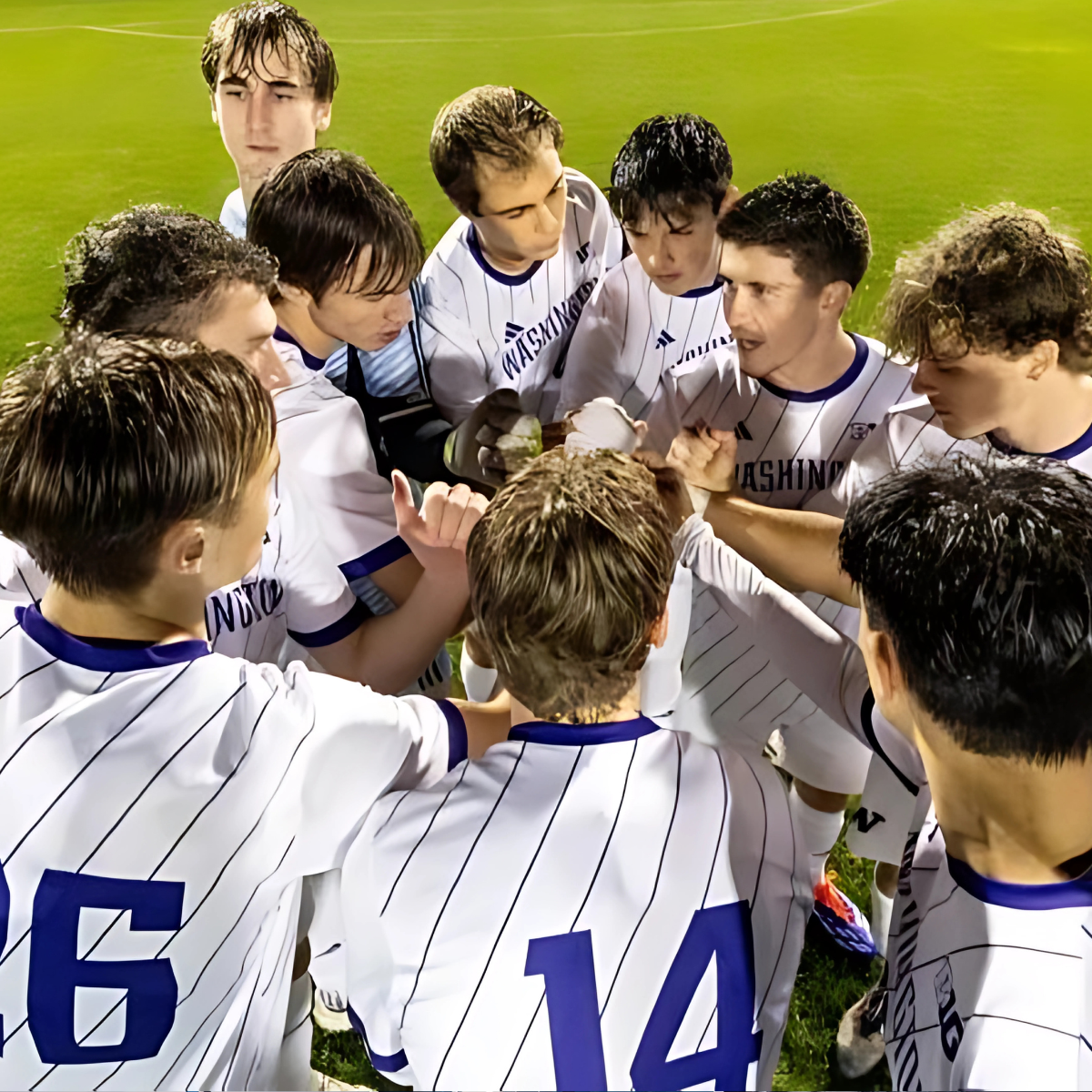How Does the Concept of Deliberate Practice Relate to Athletic Excellence?
Deliberate practice is a structured and purposeful approach to training that focuses on improving performance through specific, targeted activities. Coined by psychologist K. Anders Ericsson, this concept emphasizes that mere repetition is not enough to achieve excellence; rather, it requires intentional practice aimed at enhancing skills and competencies. In the realm of sports, deliberate practice is a critical factor that differentiates elite athletes from their less accomplished peers.
Understanding Deliberate Practice
Deliberate practice involves several key components that contribute to its effectiveness:
- Structured Activities: Unlike casual practice, deliberate practice consists of well-defined tasks designed specifically for skill improvement. These activities are often created or guided by coaches to address particular weaknesses or areas for development1.
- Specific Goals: Athletes set clear and measurable goals for each practice session. These goals can range from mastering a specific technique to improving overall performance metrics, such as speed or accuracy.
- Immediate Feedback: Feedback is a crucial element of deliberate practice. Athletes receive real-time information about their performance, allowing them to make necessary adjustments and refine their skills. This feedback can come from coaches, training partners, or self-assessment.
- Repetition with Purpose: Deliberate practice requires consistent repetition of skills to foster improvement. However, this repetition must be purposeful and focused on specific aspects of performance rather than mindless repetition.
Read: What is choking under pressure and how can athletes prevent it?
The Role of Deliberate Practice in Athletic Excellence
Deliberate practice plays a significant role in achieving athletic excellence in several ways:
- Skill Development: By engaging in targeted drills and exercises, athletes can systematically improve their technical abilities. For example, a basketball player might focus on shooting mechanics through repetitive drills that emphasize proper form and technique.
- Increased Resilience: Deliberate practice often involves tackling difficult tasks that push athletes out of their comfort zones. This exposure helps build mental toughness and resilience, enabling athletes to handle pressure during competitions.
- Enhanced Performance: Research has shown that athletes who engage in deliberate practice tend to perform better than those who do not. The structured nature of this practice allows for focused improvement, leading to higher levels of performance in competitive settings.
- Continuous Improvement: The iterative nature of deliberate practice fosters a mindset of continuous improvement. Athletes learn to view challenges as opportunities for growth rather than obstacles, which encourages lifelong learning and development within their sport.
Implementing Deliberate Practice
To effectively incorporate deliberate practice into training regimens, athletes can follow these strategies:
- Set Specific Goals: Establish clear objectives for each training session that are aligned with long-term performance aspirations. This helps maintain focus and motivation.
- Seek Feedback: Actively seek out constructive feedback from coaches or peers after each practice session. Use this feedback to make adjustments and refine skills.
- Engage in Repetitive Drills: Dedicate time to practicing specific skills repeatedly with an emphasis on quality over quantity. Ensure that each repetition is purposeful and aimed at improving performance.
- Reflect on Progress: Regularly assess progress towards goals and adjust training strategies as needed. Reflection helps identify areas for further development and reinforces the importance of deliberate practice.
Deliberate practice is a cornerstone of athletic excellence that transcends mere repetition or talent alone. By focusing on structured activities, setting specific goals, seeking immediate feedback, and engaging in purposeful repetition, athletes can significantly enhance their skills and overall performance. As research continues to support the importance of deliberate practice in achieving elite status in sports, athletes at all levels should prioritize this approach in their training regimens to unlock their full potential and excel in their chosen disciplines.
Read: How does self-efficacy theory apply to sports performance?







%20(1200%20%C3%97%20232%20px)%20(9).png)









.png)

